Is VPN Legal in Korea? [And Why You Might Need One]
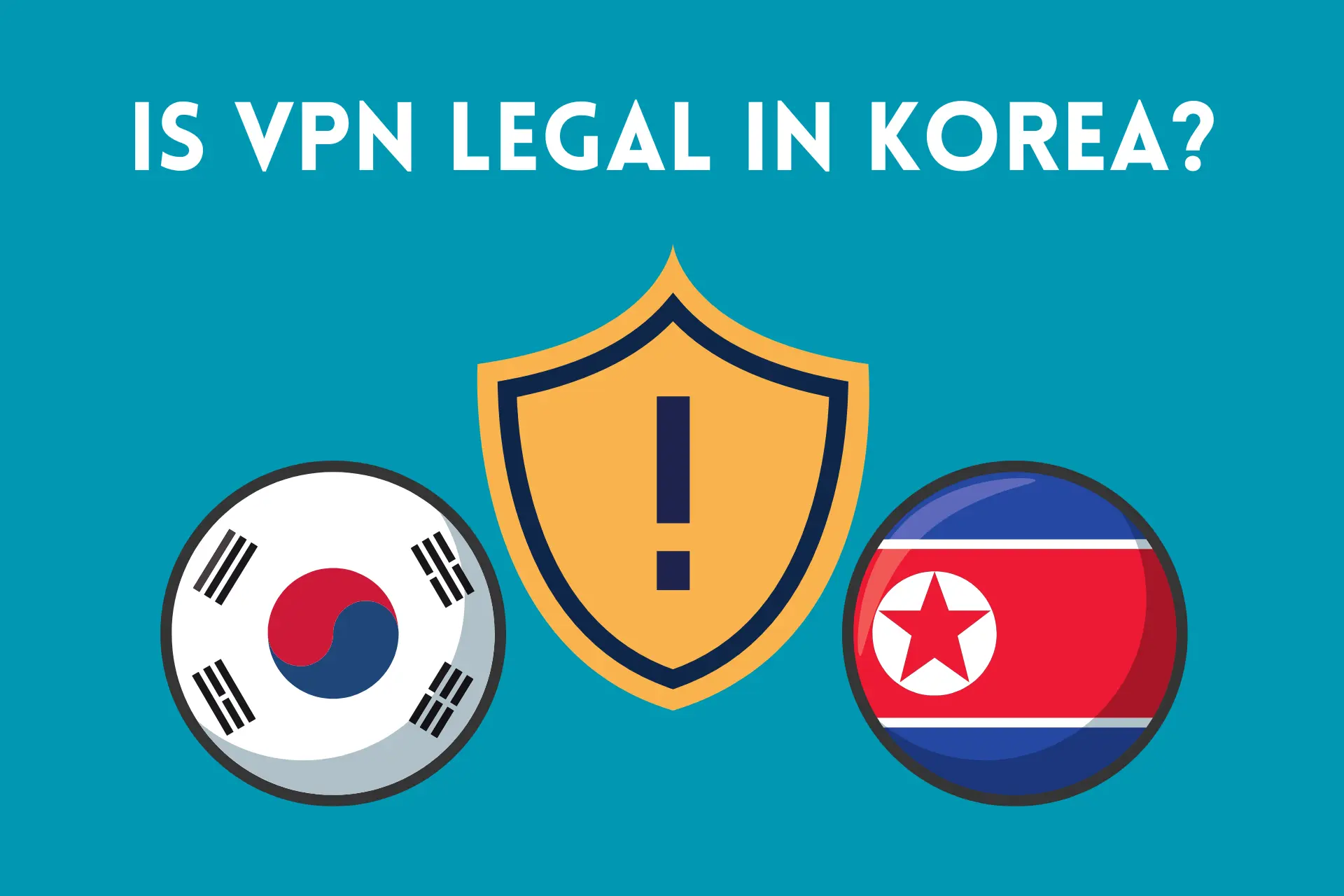
Everyone deserves a private and secure internet session, regardless of their place of residence. Still, this isn’t always the case. Korean netizens have to deal with censorship every day.
But this is where VPNs come in handy. They are designed to bypass content restrictions. However, the question remains: Is VPN legal in Korea?
In this article, we’ll explore the legality of VPN services and their benefits. Let’s get started!
Is VPN legal in Korea?
VPN technology is legal in South Korea. By contrast, it’s illegal in North Korea due to strict censorship. The government heavily limits internet access, and using VPN services isn’t permitted.
Let’s take a closer look at each of them.
VPN use in North Korea
North Korea has one of the most extreme internet censorship systems in the world. It restricts access to a limited number of websites and online services.
Most citizens can only connect to Kwangmyong, the country’s intranet. Only high-level officials can use the global internet. Even then, they’re subject to heavy surveillance and censorship.
As a result, VPNs are technically illegal in North Korea. Using one without the government’s permission could lead to severe punishment, including imprisonment.
VPN use in South Korea
While VPNs are legal in South Korea, there are certain limits that users must be aware of. The Korean Community Service Center (KCSC) regularly blocks illegal content such as pornography and pirated material.
Users could face legal action if they rely on a VPN to access it or engage in other unlawful activities.
Despite the restrictions, VPNs are still widely used in South Korea, especially by those who value online privacy and security.
Also, most VPN providers offer servers in numerous other countries. Korean netizens can connect to them to bypass government censorship.
Why it’s a good idea to use a VPN in Korea?
Here are several reasons why you might benefit from a VPN in Korea:
1. Online censorship
North Korea has a strict policy of blocking foreign content, including South Korean, Japanese, and American websites. The government also heavily regulates the internet and only allows access to a limited number of state-controlled websites.
On the other hand, South Korea has a much more open internet policy. Still, websites containing prohibited content such as gambling and pornography, are blocked.
Additionally, most North Korean and Japanese media is illegal.
For example, transmitting Japanese music and TV dramas through terrestrial signals is unlawful. Back in 2010, the Korean-language track “Udon” was banned because it had a Japanese word in its title.
But with a VPN, you can freely access censored content. However, note that we don’t recommend using VPN services in North Korea.
2. Online surveillance
As mentioned earlier, the majority of North Korean citizens don’t have access to the global internet. And to make matters worse, the local intranet is highly regulated and monitored.
The government also has tight control over cell phone usage. Citizens mostly subscribe to Koryolink, a 3G network where all their activity is closely monitored.
According to Reuters, their calls and data are “subject to controls and surveillance by at least eight ministries and organizations between the party, state, and army.”
Conversely, there are also concerns about South Korean surveillance policies. The government has the authority to access and monitor internet activity in the interest of national security.
During the COVID-19 crisis, the Infectious Disease Control and Prevention Act (IDCPA) has empowered extensive surveillance. The authorities tracked their citizens’ phone locations and credit card records.
This can be worrying for netizens who value their privacy. Thankfully, a VPN will encrypt your data and hide your online activities.
3. Access to geo-restricted content
Some content is only available in countries and regions outside Korea.
For example, Netflix has different regional media libraries. US Netflix can only be accessed in the United States.
VPNs allow you to connect to a US server and access exclusive content, no matter where you are in Korea. Netflix won’t be able to tell the difference!
4. Public WiFi security
Public WiFi hotspots can be pretty dangerous.
It’s difficult to confirm whether they’re real or fakes created by cybercriminals. Additionally, hackers could intercept your data and steal personal information like passwords and credit card numbers.
Using a VPN, you can encrypt your internet connection and protect your data.
5. ISP throttling
Like in other countries, internet service providers in South Korea may limit speeds to manage network traffic and reduce congestion.
They may also throttle users who exceed the data limit during a specific timeframe.
With a VPN, you can hide your online activities from your ISP and avoid being throttled.
Summary
So, is VPN legal in Korea?
VPN use is legal in South Korea, but there are limits in place. On the other hand, it’s strictly prohibited in North Korea.
However, VPNs can be really helpful in South Korea. Other than avoiding online censorship, surveillance, and ISP throttling, you’ll also be able to unblock geo-restricted content, including access to Korean drama with a VPN.
Read our disclosure page to find out how can you help VPNCentral sustain the editorial team Read more


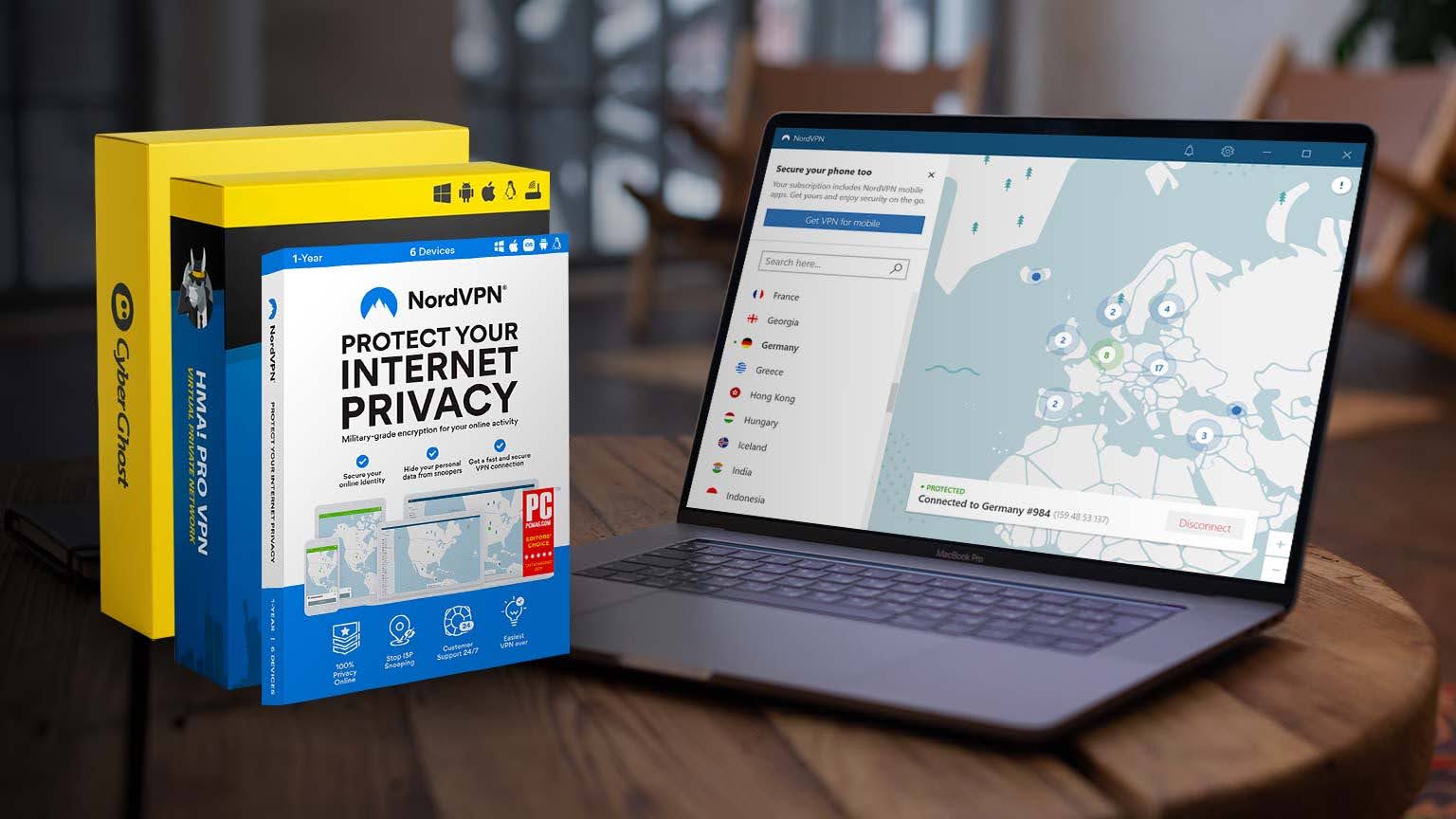
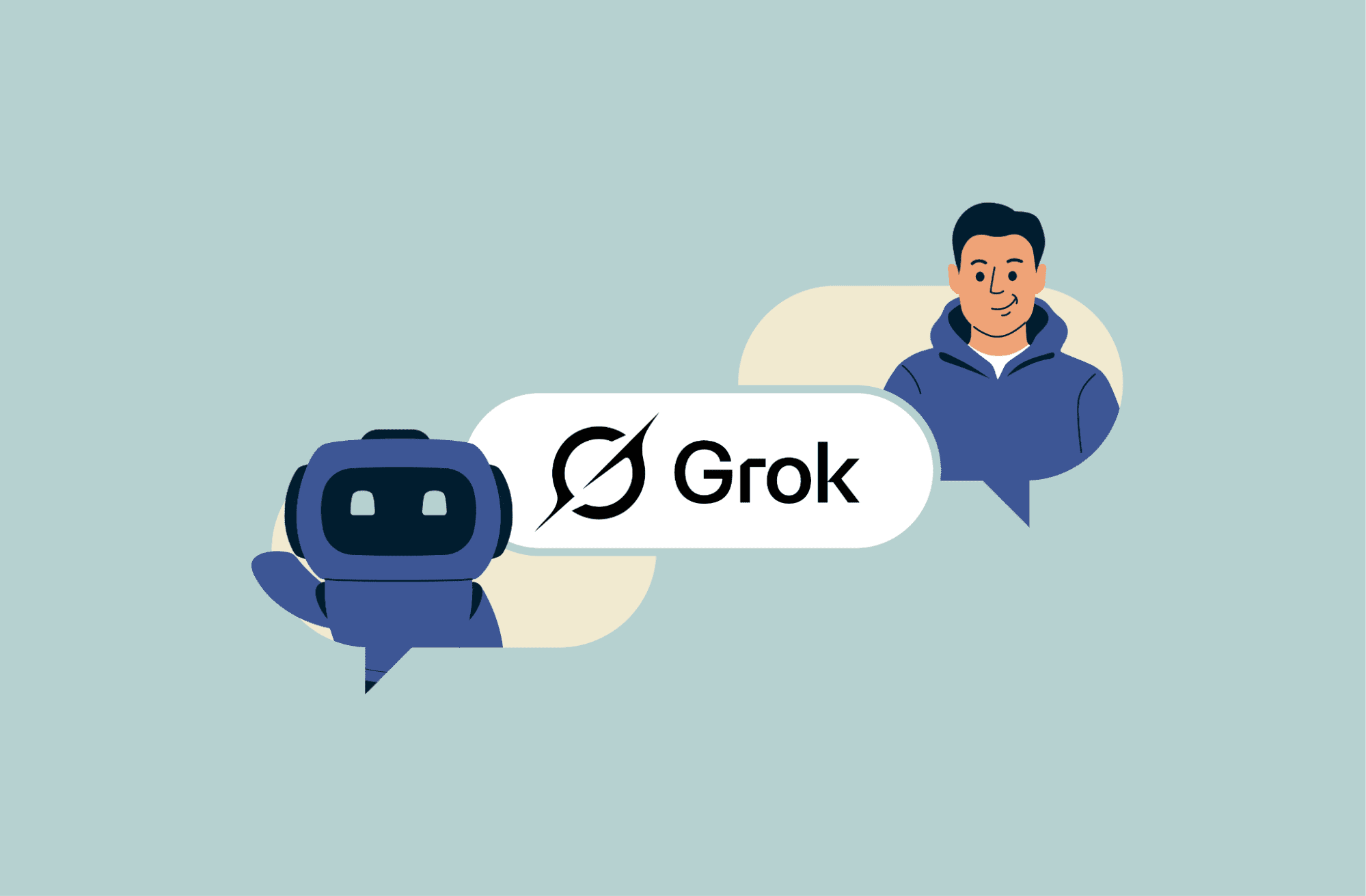
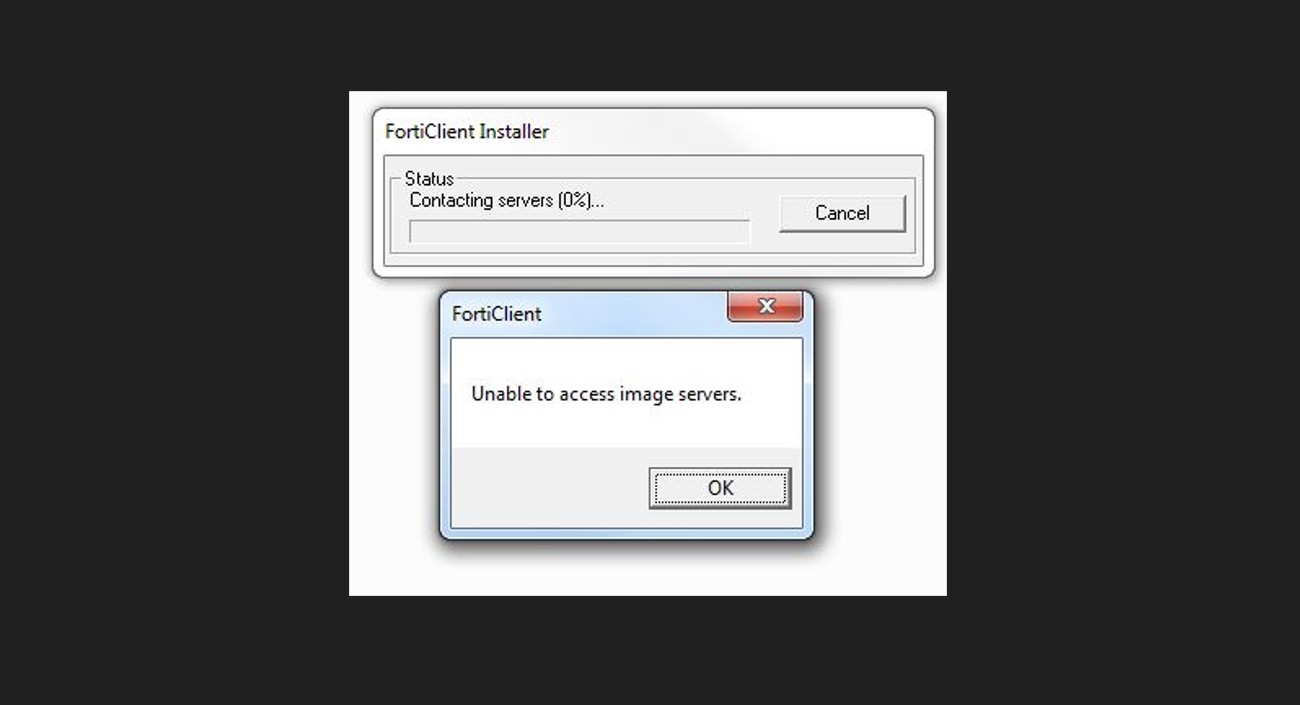
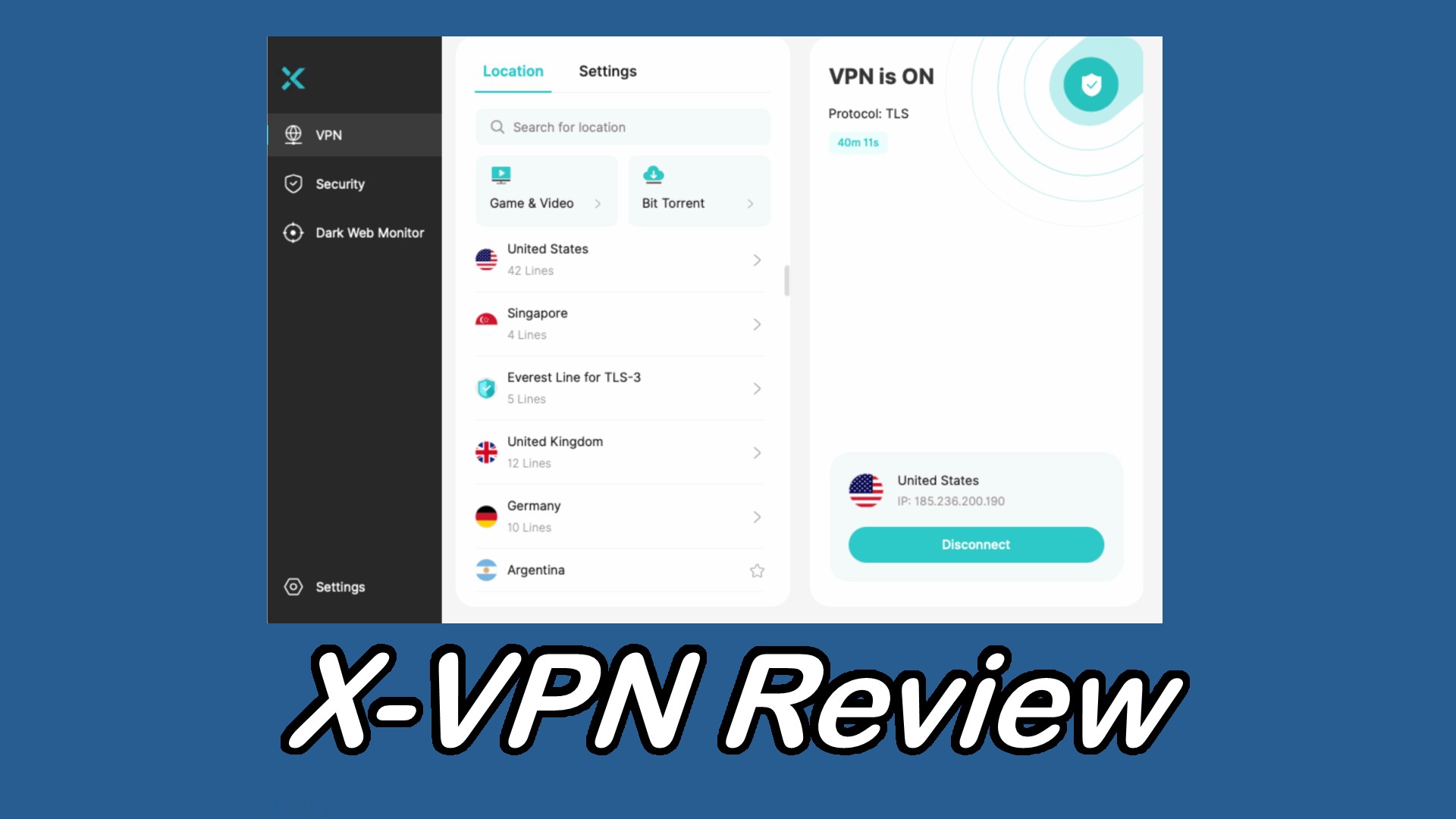
User forum
0 messages